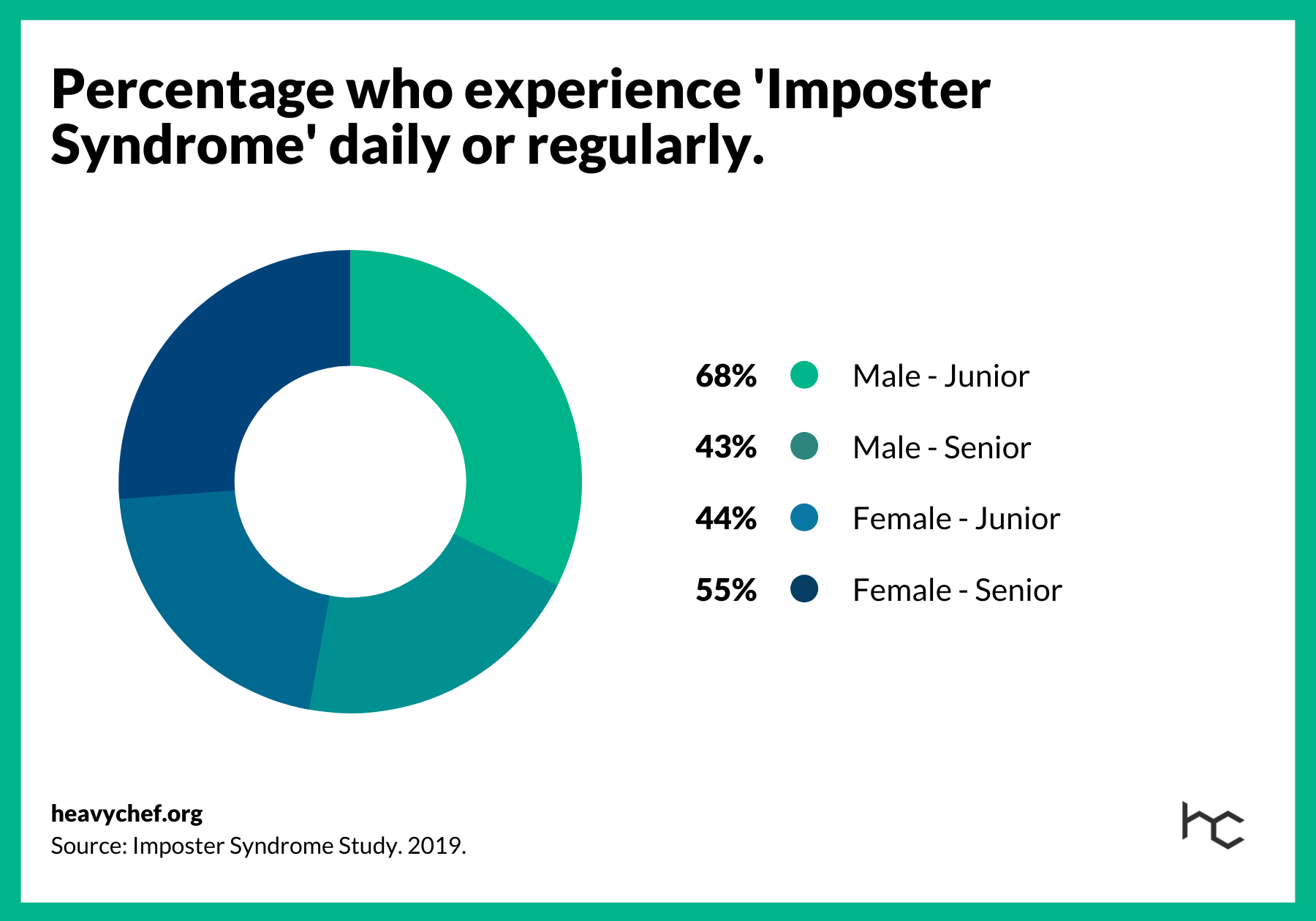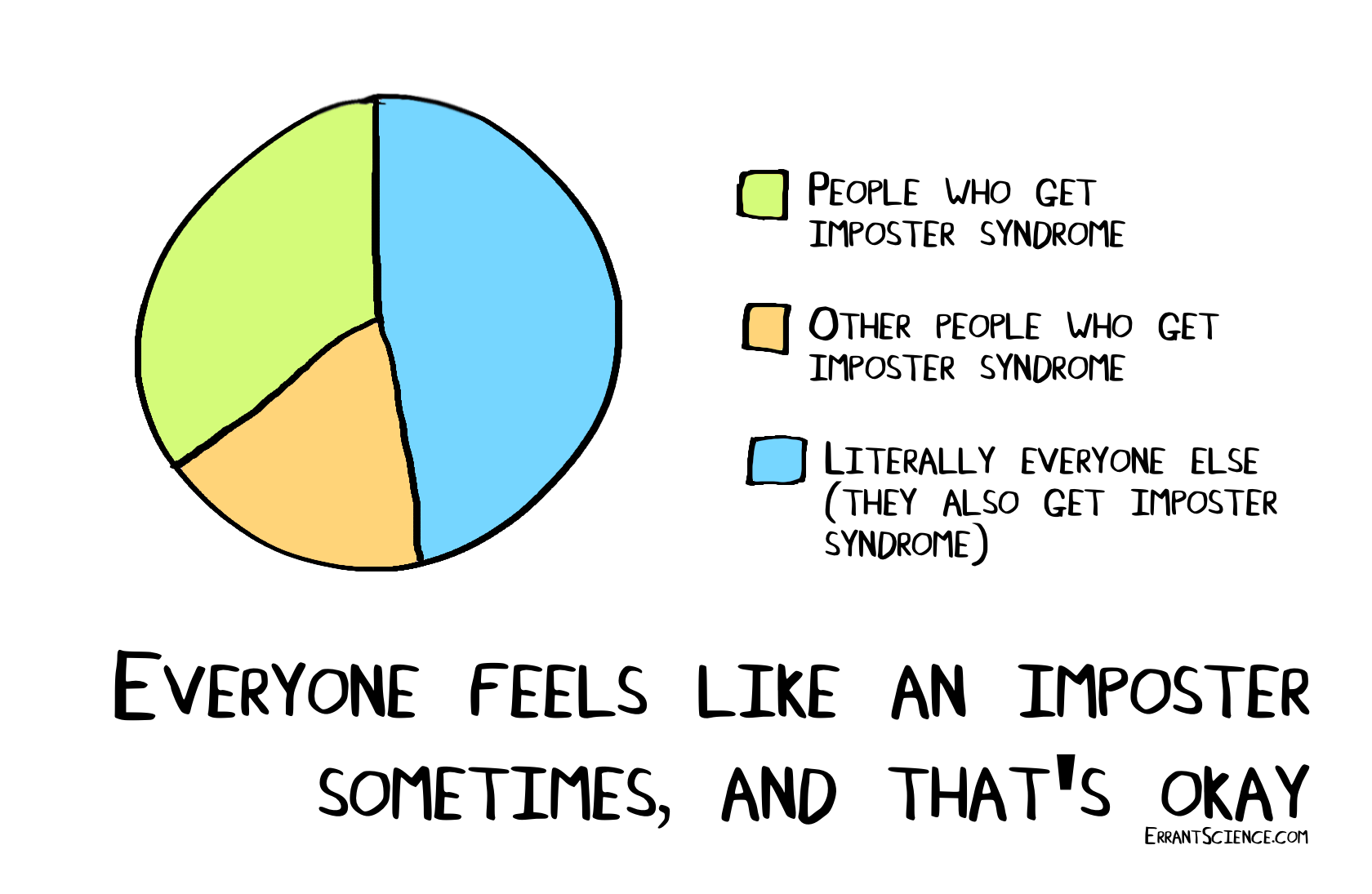How to Overcome Imposter Syndrome and Boost Your Confidence
Imposter Syndrome is a feeling of inadequacy and self-doubt, despite having achieved great success. It’s a psychological pattern that is common among high achievers, and it can be debilitating. Many people who suffer from imposter syndrome feel like they are frauds, that they are not worthy of their success, and that they will eventually be exposed as frauds. These feelings can have a significant impact on one’s confidence and self-esteem. However, there are ways to overcome imposter syndrome and boost your confidence. In this blog post, we’ll explore some of the strategies that you can use to overcome imposter syndrome.
Recognize the Symptoms of Imposter Syndrome
The first step in overcoming imposter syndrome is to recognize the symptoms. Some of the common symptoms of imposter syndrome include:
Feeling like a fraud
Feeling that you are not good enough
Feeling like you don’t deserve your success
Fear of being exposed as a fraud
Perfectionism
Self-doubt
Minimizing your achievements
Comparing yourself to others
If you are experiencing any of these symptoms, it’s important to recognize that you are not alone. Many high achievers experience imposter syndrome, and it’s nothing to be ashamed of.
Figure 1. Percentage of people who experience Imposter Syndrome by InnovateMR (credit: Imposter Syndrome affects 65% of professionals, a new study finds).
However, there are several strategies that can be used to overcome imposter syndrome and boost confidence. In this blog post, we will discuss some of these strategies:
Recognize the Signs of Imposter Syndrome
The first step in overcoming imposter syndrome is to recognize the signs. These may include feelings of self-doubt, minimizing one's own achievements, and a fear of being exposed as fraud. Other signs may include perfectionism, negative self-talk, and comparing oneself to others. By identifying these signs, it becomes easier to understand and manage the feelings associated with imposter syndrome.
Challenge Negative Thoughts
One of the key strategies in overcoming imposter syndrome is to challenge negative thoughts. Negative self-talk can be very destructive and can contribute to feelings of self-doubt and low self-esteem. When negative thoughts arise, it is important to challenge them and replace them with more positive ones. This can be achieved by using affirmations or positive self-talk, focusing on one's strengths and accomplishments, and recognizing that everyone makes mistakes.
Practice Self-Compassion
Another important strategy in overcoming imposter syndrome is to practice self-compassion. This involves treating oneself with kindness and understanding, rather than harshly criticizing oneself. When negative thoughts arise, it is important to recognize them, but also to be kind and gentle with oneself. This can involve reminding oneself that everyone makes mistakes and that it is okay to not be perfect.
Celebrate Achievements
It is important to celebrate one's achievements in order to boost confidence and overcome imposter syndrome. This can be done by keeping a record of one's successes, both big and small. When negative thoughts arise, it can be helpful to look back on this record and remind oneself of one's accomplishments. It is also important to celebrate achievements with others, such as friends and family, as this can help to reinforce feelings of self-worth.
Seek Support
Having a support system is important in overcoming imposter syndrome. This can involve seeking support from friends, family, or colleagues. It can also involve seeking professional help, such as therapy or coaching. Talking to others about feelings of self-doubt and imposter syndrome can help to put things into perspective and provide a sense of validation.
Set Realistic Goals
Setting realistic goals is an important strategy in overcoming imposter syndrome. When goals are too high, it can be difficult to achieve them, leading to feelings of failure and self-doubt. Setting smaller, more achievable goals can help to build confidence and provide a sense of accomplishment. It is also important to recognize that setbacks are a normal part of the process and to use them as learning opportunities rather than as evidence of failure.
Embrace Failure
Finally, it is important to embrace failure as a part of the learning process. Nobody is perfect, and everyone makes mistakes. Rather than seeing failure as evidence of one's inadequacy, it can be helpful to see it as an opportunity for growth and improvement. By reframing failure in this way, it becomes easier to overcome imposter syndrome and build confidence.
Anxious Attachment and Imposter Syndrome
While Imposter Syndrome and anxious attachment are not directly related, they can both contribute to feelings of self-doubt and insecurity. People who experience Imposter Syndrome may feel like they are not good enough for their partner, and worry that they will be rejected if their true abilities are discovered. This can lead to feelings of anxiety and a need for constant validation, which can manifest as an anxious attachment.
On the other hand, people with an anxious attachments may feel like they are not good enough in general, and that their partner is the only source of validation and security. This can lead to feelings of inadequacy and self-doubt, which can manifest as Imposter Syndrome.
Overcoming Imposter Syndrome and Anxious Attachment
Both Imposter Syndrome and anxious attachment can be challenging to overcome, but it is possible with the right strategies and support. Here are some tips for overcoming these psychological patterns:
Recognize and acknowledge your feelings: The first step in overcoming Imposter Syndrome and anxious attachment is to acknowledge that you are experiencing these feelings. Recognize that it is normal to have self-doubt and insecurities, but that they do not define you.
Challenge your negative thoughts: When you notice negative thoughts or self-talk, challenge them by asking yourself if they are based on evidence or if they are just assumptions. Replace negative thoughts with positive affirmations and focus on your strengths and accomplishments.
Seek support: Talk to a trusted friend, family member, or therapist about your feelings of Imposter Syndrome and anxious attachment. They can provide a different perspective and offer support and encouragement.
Practice self-care: Take care of your physical, emotional, and mental health by practicing self-care activities such as exercise, meditation, or spending time in nature. This can help reduce stress and boost your confidence.
Set realistic goals: Set realistic goals for yourself and celebrate your successes, no matter how small they may be. This can help build your confidence and self-esteem over time.
Everyone gets it …
Figure 2. Feeling like an imposter is common. (Credit: errantscience.com)
Both imposter syndrome and anxious attachment can have a significant impact on an individual's life, and they often go hand in hand. Imposter syndrome can cause a person to doubt their abilities and feel like a fraud, while anxious attachment can make them overly reliant on others for validation and approval.
The good news is that both imposter syndrome and anxious attachment can be overcome with the right mindset and strategies. It starts with recognizing the signs and being willing to confront the underlying issues. By learning to accept ourselves, acknowledge our strengths and weaknesses, and work on building our self-esteem, we can gradually overcome these challenges and lead a more fulfilling life.
Whether it's seeking professional help, practicing self-care, or developing healthy coping mechanisms, there are many ways to break free from the grip of imposter syndrome and anxious attachment. By taking small steps every day and focusing on our own growth and progress, we can become more confident, self-assured individuals who are capable of achieving anything we set our minds to.
Yours truly,
Michelle & Co.


